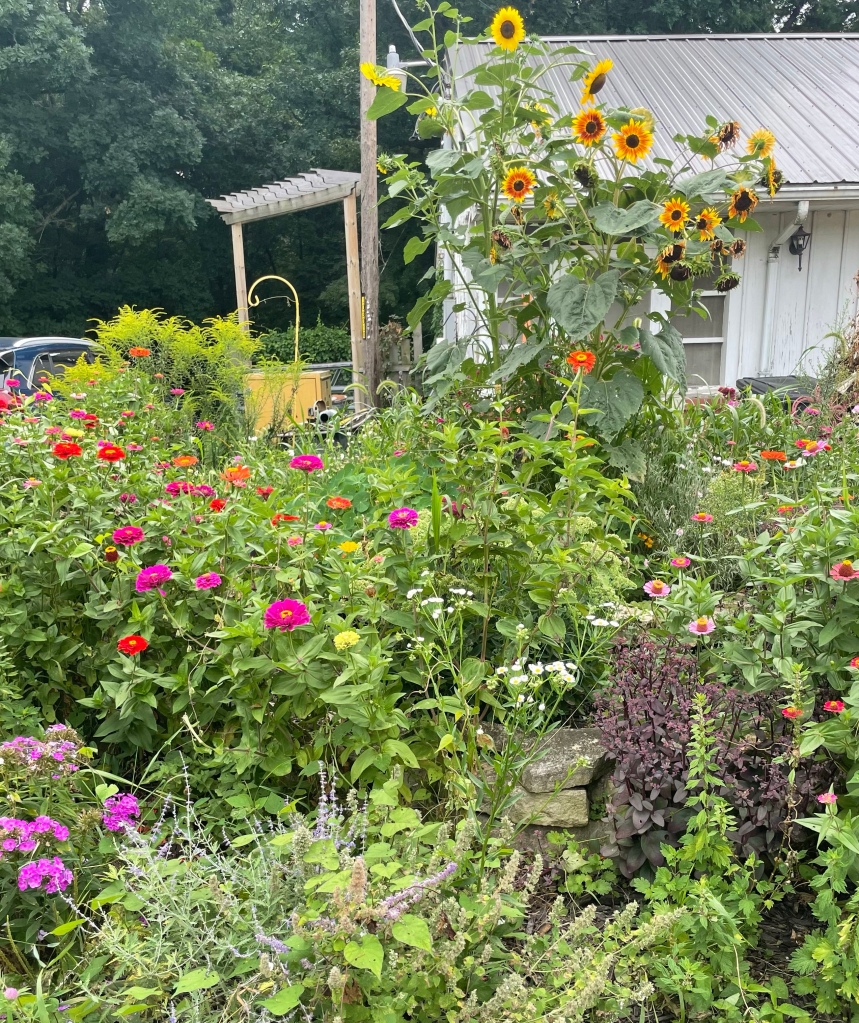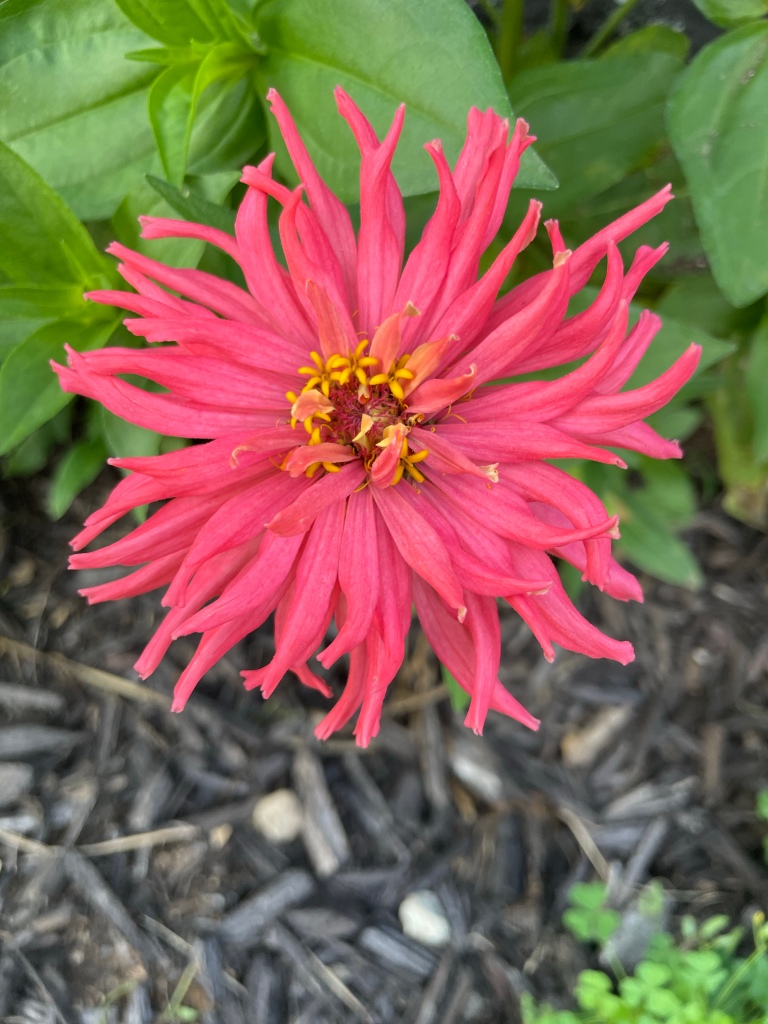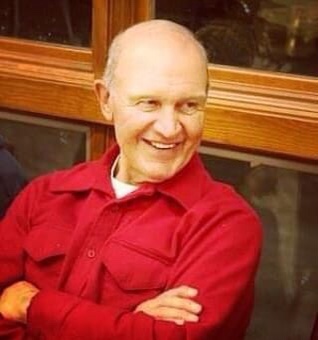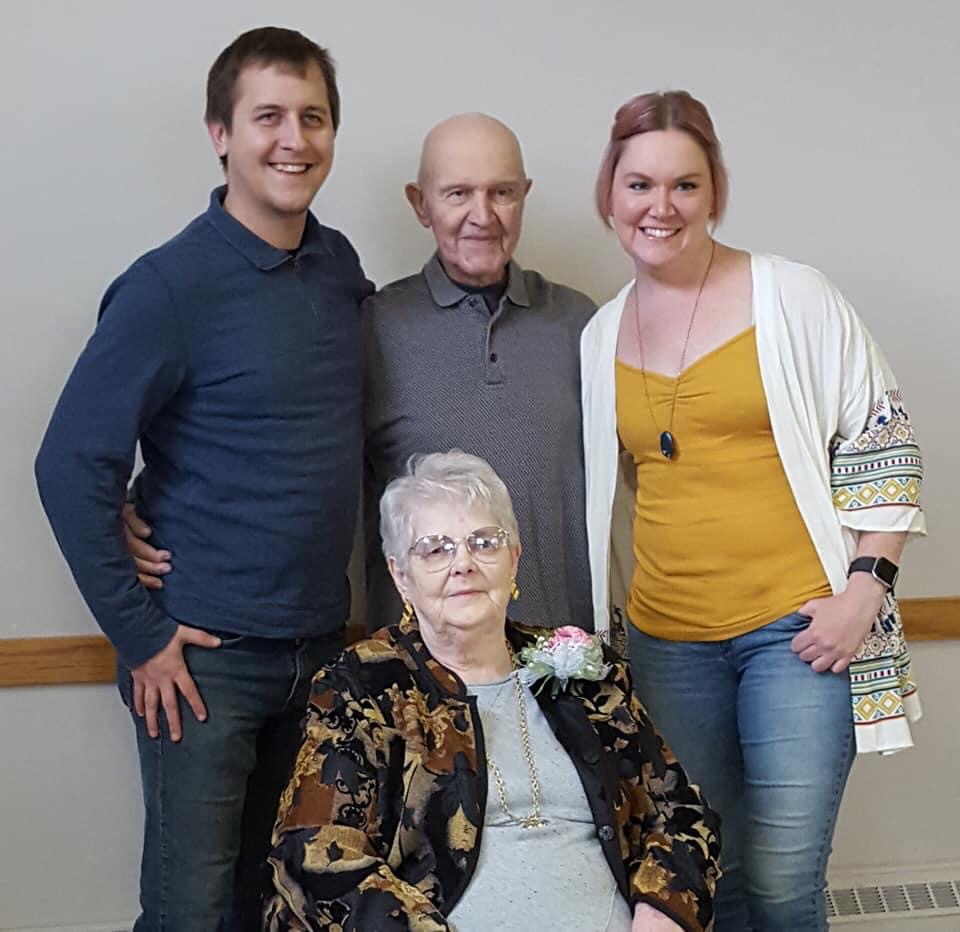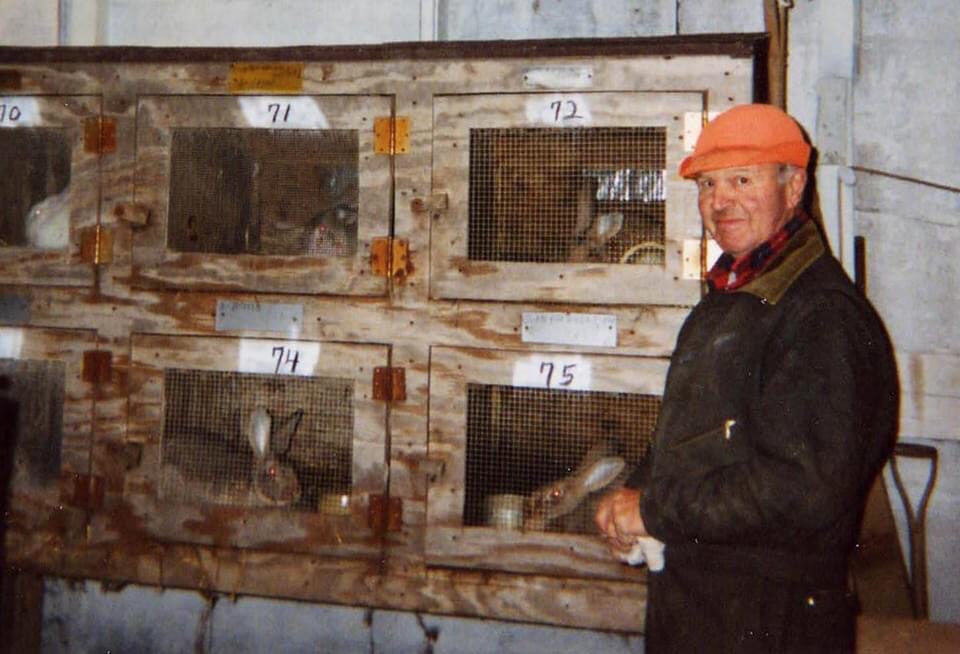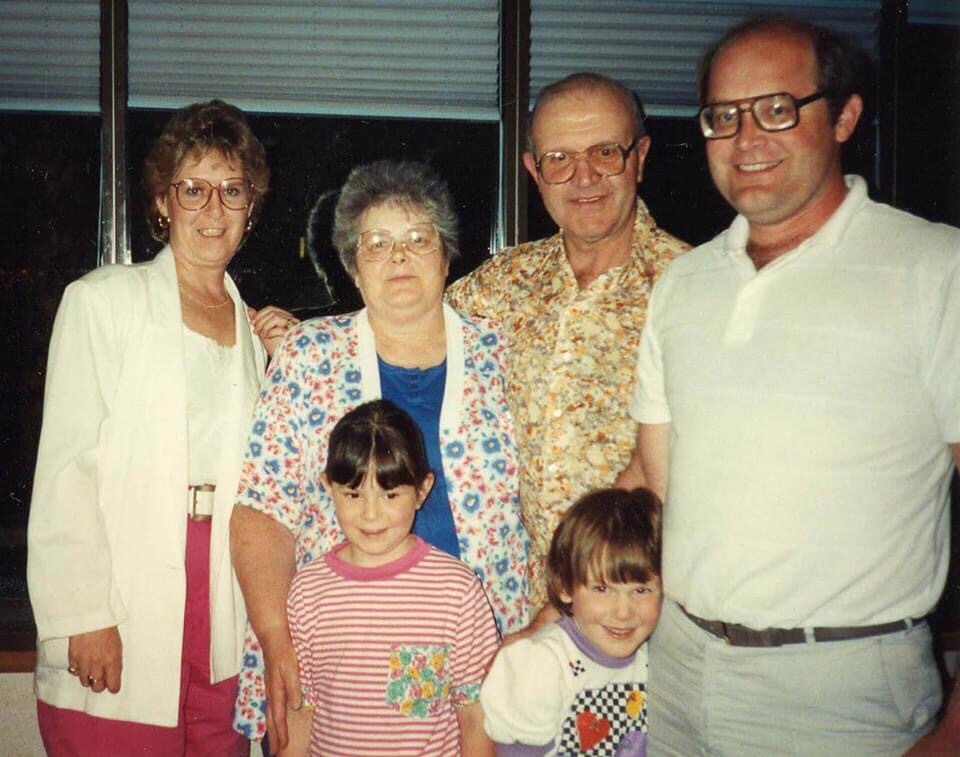The barn swallows that make their summer home in our barn have flown south, announcing with their absence that summer is at it’s end.
I suppose they leave one day at dawn. That’s the best explanation I have for the fact that I never notice them leaving so much as I notice that they’ve left. I notice their absence. One day I walk up to the barn, and it’s just…quiet.
Of course, there are other signs of the changing season.
There’s the cricket song that seems to get louder as the weather begins to chill, like a finale to the symphony they’ve played all summer.
There’s the sounds of the Great Horned Owls hooting in the evening as they call back and forth across the property.
But the barn swallows…they herald in the change of season in such a tangible way to me, always appearing and disappearing like magic. Coming and going without fanfare. One day come, announcing summer, and one day gone, my hint of the coming autumn, sandwiched between the first acorns and the fire-red maple leaves.
The presence and absence of barn swallows signal the liminal spaces of my year. The inbetweens.
<<<>>>
I’m almost always a little taken aback by fall. It reminds me of guests arriving early while I myself am running behind. The knock at the door when your hair is still a bit damp, and you haven’t finished putting away the things that had fallen out of place since you last entertained. The glance at your watch and the deep breath you take when you knew something was coming but thought you should have had more time before it actually got here.
Ideally, by the time autumn arrives, the barn is fully stocked with hay. Blankets are washed and put away from last winter, ready to be used again when called upon, and there is a supply of straw set aside to keep little piggies warm as the cold starts to settle in.
Of course, life almost never behaves “ideally.”
<<<>>>
It recently crossed my mind that farm life forces me to strike a balance between presence and preparation in a very visceral way. “Be here now,” only goes so far before you find yourself unprepared for what comes next.
And yet, we don’t have to look very far to find evidence that most of the business of living can’t be prepared for. I can buy hay; in fact, I must buy hay. It’s a necessary preparation, but the preparation is not the living. Stacking hay makes way for winter, but I also must take the season as she comes.
And, if I focus too hard on what comes next, I miss what is right in front of me.
<<<>>>
Yesterday afternoon, I found myself in my veggie garden on my hands and knees, pulling newly turned earth through my fingers in search of potatoes. I started the chore simply because I knew it needed to be done before we have a freeze, but I fell into a rhythm quickly and began to enjoy the process.
Potatoes keep you honest. They force you to pull the weeds you ignored, to turn over the earth, to search with your hands. Potatoes require that you get dirty (or maybe they don’t, but I can’t see the fun in that…)
I felt childlike, pulling my fingers through the loamy dirt in the garden, appreciating the texture of soil that we’ve tilled compost into for three years running. I was reminded of the holes I used to dig in the yard as a child for no real reason. (To see if you really could dig to the other side of the world I think…have I mentioned before that I was a super weird kid?)
I pulled potatoes in shades of purple and gold and red, and they each felt a little like a buried treasure. I almost gleefully tossed them into a box.
I garden for about a hundred reasons: feeding my family, feeding my critters, feeding my friends, reducing our carbon footprint, and appreciating the seasonality of food all come to mind. But the most meaningful reasons for me are the reminders that the garden provides and the presence it brings me into. I dig in the earth and remember that I am part of the earth and that she provides for me bounteously if I let her. That the water I need literally falls from the sky and that the food grows out of the ground I walk on. That potatoes can be pulled from loamy soil in shades of ruby and amethyst and gold, and that real wealth is not metal or stone, but is the food and water and sunlight that sustain us.
When I’m in the garden, especially when I’m literally in the dirt, I’m present. Appreciating the bounty of fall without my thoughts wandering to the coming cold.
<<<>>>
Fall is a liminal space, and sometimes it’s hard to exist in such spaces without thinking yourself forward or backward, but fall on the ranch encourages me to acknowledge what’s coming while sitting with what is here. Soon the freeze will come. Pastures will go dormant. Plants I’ve tending all year in the garden will die back. More of the wild things will migrate, and those of us who make our home here year round will tuck in for the coming cold.
Hay that we’ve set up in the barn, potatoes we’ve dug, squash we’ve harvested, it will all be there to sustain us. The preparations will prove their value. And we will take the winter as she comes.
But, in the meantime, I have more vegetables to harvest and more digging to do on my hands and knees in the cool, loamy soil.
I hope fall is finding you well. I hope you take some time to pause and notice; the swallows have informed me that fall is here, and the leaves are about to remind us of just how beautiful change can be.





